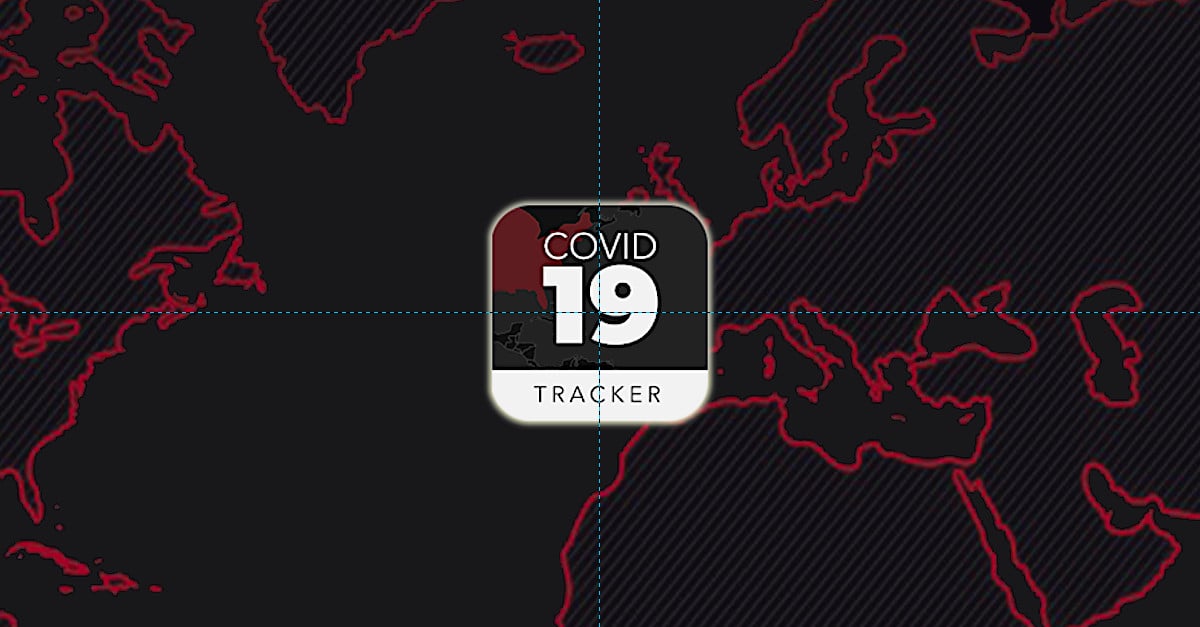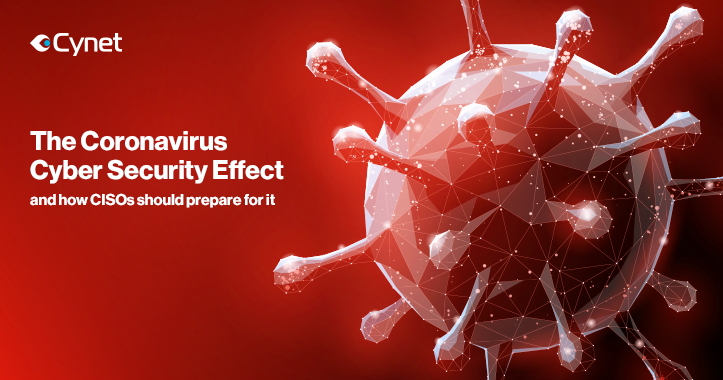Security News

As the world comes to grips with the coronavirus pandemic, the situation has proven to be a blessing in disguise for threat actors, who've taken advantage of the opportunity to target victims with scams or malware campaigns. Now, according to a new report published by Check Point Research today and shared with The Hacker News, hackers are exploiting the COVID-19 outbreak to spread their own infections, including registering malicious Coronavirus-related domains and selling discounted off-the-shelf malware in the dark web.

As the world comes to grips with the coronavirus pandemic, the situation has proven to be a blessing in disguise for threat actors, who've taken advantage of the opportunity to target victims with scams or malware campaigns. Now, according to a new report published by Check Point Research today and shared with The Hacker News, hackers are exploiting the COVID-19 outbreak to spread their own infections, including registering malicious Coronavirus-related domains and selling discounted off-the-shelf malware in the dark web.

Late last week, researchers at network intelligence company DomainTools warned about an Android malware sample that caught our attention. Like many other cyberthreats doing the rounds these days, the criminals have used the coronavirus pandemic as a lure, offering an intriguing if rather creepy app called COVID 19 TRACKER. The website promoting the app offers to "Track Real-Time Coronavirus Outbreak in your Street, City and State", and says it will "Get Real-Time Statistics about Coronavirus outbreaks around you in over 100 countries."

Kristin Del Rosso and other threat researchers with cybersecurity company Lookout have found a new kind of coronavirus cyberattack designed to spread potentially malicious Android applications that appear to be the most recent piece of tooling in a larger mobile surveillance campaign operating out of Libya and targeting Libyan individuals. At least three new apps related to coronavirus have been created using the same infrastructure as those applications and the Lookout investigation discovered that they can be traced back to IP addresses operated by Libyan Telecom and Technology, a consumer internet service provider.

Researchers from Cybereason Nocturnus have been tracking the rise and variety of such attacks, which now include phishing, fake apps and ransomware. Beyond phishing, criminals have targeted home workers with fake apps offering coronavirus information, and false VPNs taking advantage of corporate advice to stay home and use VPNs. Reason Labs' Shai Alfasi found a fake 'coronavirus map' offering information on the spread of the pandemic, but hiding an AZORult-related infostealer.

There are ways to protect yourself from this type of malware, as described by Cybereason. In a blog post published on Wednesday entitled "Just Because You're Home Doesn't Mean You're Safe," Cybereason discussed the different types of coronavirus-themed malware and how and where they're being used.

Cynet has revealed new data, showing that the Coronavirus now has a significant impact on information security and that the crisis is actively exploited by threat actors. In light of these insights, Cynet has shared a few ways to best prepare for the Coronavirus derived threat landscape and provides a solution to protect employees that are working from home with their personal computers, because of the coronavirus.

Cybersecurity firm Cynet today revealed new data, showing that the Coronavirus now has a significant impact on information security and that the crisis is actively exploited by threat actors. In light of these insights, Cynet has also shared a few ways to best prepare for the Coronavirus derived threat landscape and provides a solution to protect employees that are working from home with their personal computers because of the Coronavirus.

Cybersecurity firm Cynet today revealed new data, showing that the Coronavirus now has a significant impact on information security and that the crisis is actively exploited by threat actors. In light of these insights, Cynet has also shared a few ways to best prepare for the Coronavirus derived threat landscape and provides a solution to protect employees that are working from home with their personal computers because of the Coronavirus.

Patients might end up bearing the brunt of successful cyber attacks but, Covid-19 or no Covid-19, the danger for healthcare organizations has effectively remained the same - only the stakes got higher. It is crucial for healthcare organizations and agencies not to ignore cybersecurity and data protection at this moment.